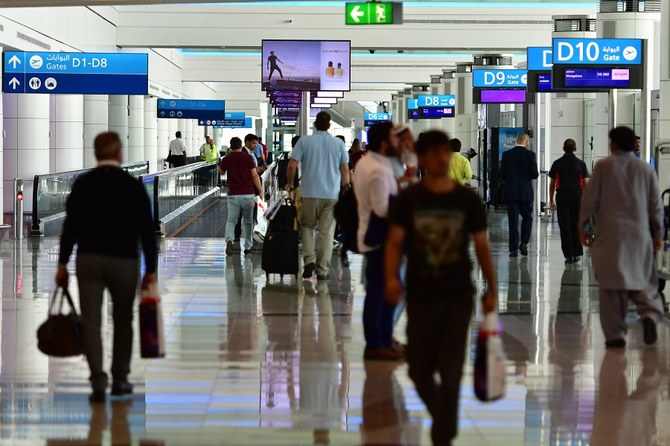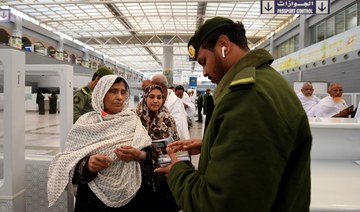DUBAI: Major airports in the UAE started screening passengers arriving from China over the weekend, as countries continued to step up precautions against the spread of the viral outbreak.
Abu Dhabi and Dubai airports confirmed thermal screening had begun following directives from the UAE’s Civil Aviation Authority and the Ministry of Health.
“All passengers arriving on direct flights from the People’s Republic of China must receive thermal screening at the gate upon arrival and be provided with informational leaflets,” the Dubai Airports said in a statement.
The check-ups will be held at “secured, closed gates” by airport medical teams and the Dubai Health Authority, according to Dubai Airports, assuring it “will continue to provide medical teams with any and all support that may be required.”
The Abu Dhabi International Airport also released a six-point list of “preventive tips” for people travelling to China.
مطار أبوظبي الدولي يبدأ بتفعيل إجراءات فحص المسافرين القادمين من الصين لضمان سلامة مسافرينا .. يرجى الاطلاع على التعليمات التالية إن كنت تعتزم السفر إلى الصين#مطار_أبوظبي pic.twitter.com/b3fIyPbUUJ
— Abu Dhabi Airport (@AUH) January 23, 2020
UAE officials earlier confirmed there were no cases of coronavirus in the country, adding it was “in constant touch with the World Health Organization (WHO) to find out latest updates, recommendations and procedures taken in this matter.”
“The health situation poses no grounds for concern and the ministry is closely following up on the situation to ensure the health and safety of everyone,” said the National Committee for International Health Regulations and the Control of Pandemics in a statement.
The death toll from the coronavirus has risen to 56 on Sunday morning, with the number of infected people also rising to almost 2000, according to Chinese authorities.
The contagion remained centered on the Hubei provincial capital of Wuhan, but more than a dozen other cities in the province have been locked down in fears of further spreading.
The previously unknown virus has caused global concern because of its similarity to the SARS (Severe Acute Respiratory Syndrome) pathogen, which killed hundreds across mainland China and Hong Kong in 2002-2003.



























